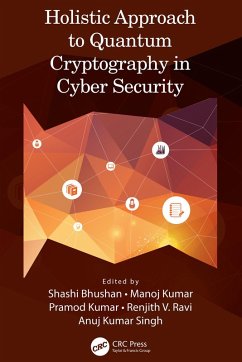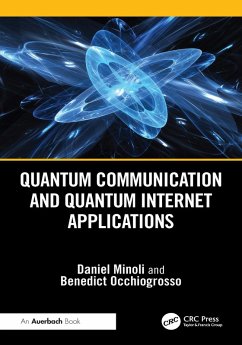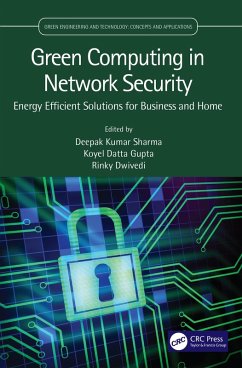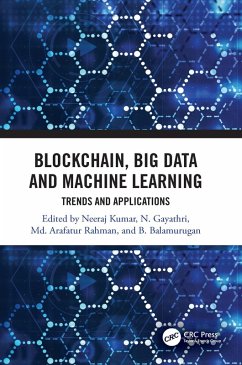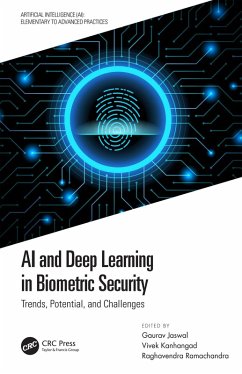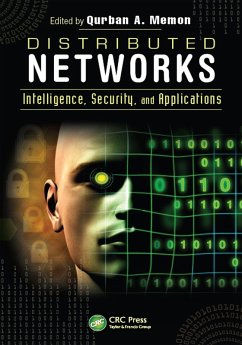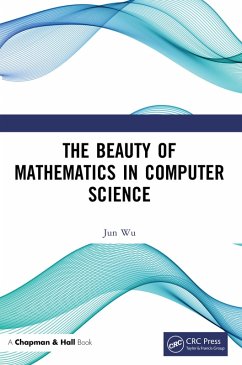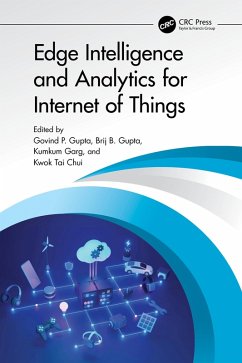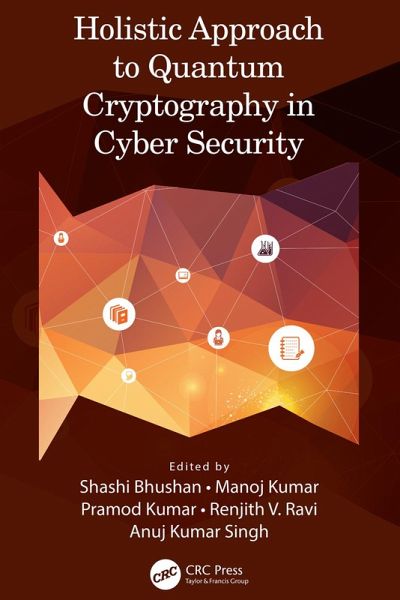
Holistic Approach to Quantum Cryptography in Cyber Security (eBook, ePUB)
Versandkostenfrei!
Sofort per Download lieferbar
49,95 €
inkl. MwSt.
Weitere Ausgaben:

PAYBACK Punkte
25 °P sammeln!
This new book discusses the concepts while also highlighting the challenges in thefield of quantum cryptography and also covering cryptographic techniques and cybersecurity techniques, in a single volume.It comprehensively covers important topics in the field of quantum cryptographywith applications, including quantum key distribution, position-based quantumcryptography, quantum teleportation, quantum e-commerce, quantum cloning, cybersecurity techniques' architectures and design, cyber security techniques management,software-defined networks, and cyber security techniques for 5G communication...
This new book discusses the concepts while also highlighting the challenges in the
field of quantum cryptography and also covering cryptographic techniques and cyber
security techniques, in a single volume.
It comprehensively covers important topics in the field of quantum cryptography
with applications, including quantum key distribution, position-based quantum
cryptography, quantum teleportation, quantum e-commerce, quantum cloning, cyber
security techniques' architectures and design, cyber security techniques management,
software-defined networks, and cyber security techniques for 5G communication.
The text also discusses the security of practical quantum key distribution systems,
applications and algorithms developed for quantum cryptography, as well as cyber
security through quantum computing and quantum cryptography.
The text will be beneficial for graduate students, academic researchers, and
professionals working in the fields of electrical engineering, electronics and
communications engineering, computer science, and information technology.
field of quantum cryptography and also covering cryptographic techniques and cyber
security techniques, in a single volume.
It comprehensively covers important topics in the field of quantum cryptography
with applications, including quantum key distribution, position-based quantum
cryptography, quantum teleportation, quantum e-commerce, quantum cloning, cyber
security techniques' architectures and design, cyber security techniques management,
software-defined networks, and cyber security techniques for 5G communication.
The text also discusses the security of practical quantum key distribution systems,
applications and algorithms developed for quantum cryptography, as well as cyber
security through quantum computing and quantum cryptography.
The text will be beneficial for graduate students, academic researchers, and
professionals working in the fields of electrical engineering, electronics and
communications engineering, computer science, and information technology.
Dieser Download kann aus rechtlichen Gründen nur mit Rechnungsadresse in A, B, BG, CY, CZ, D, DK, EW, E, FIN, F, GR, HR, H, IRL, I, LT, L, LR, M, NL, PL, P, R, S, SLO, SK ausgeliefert werden.




